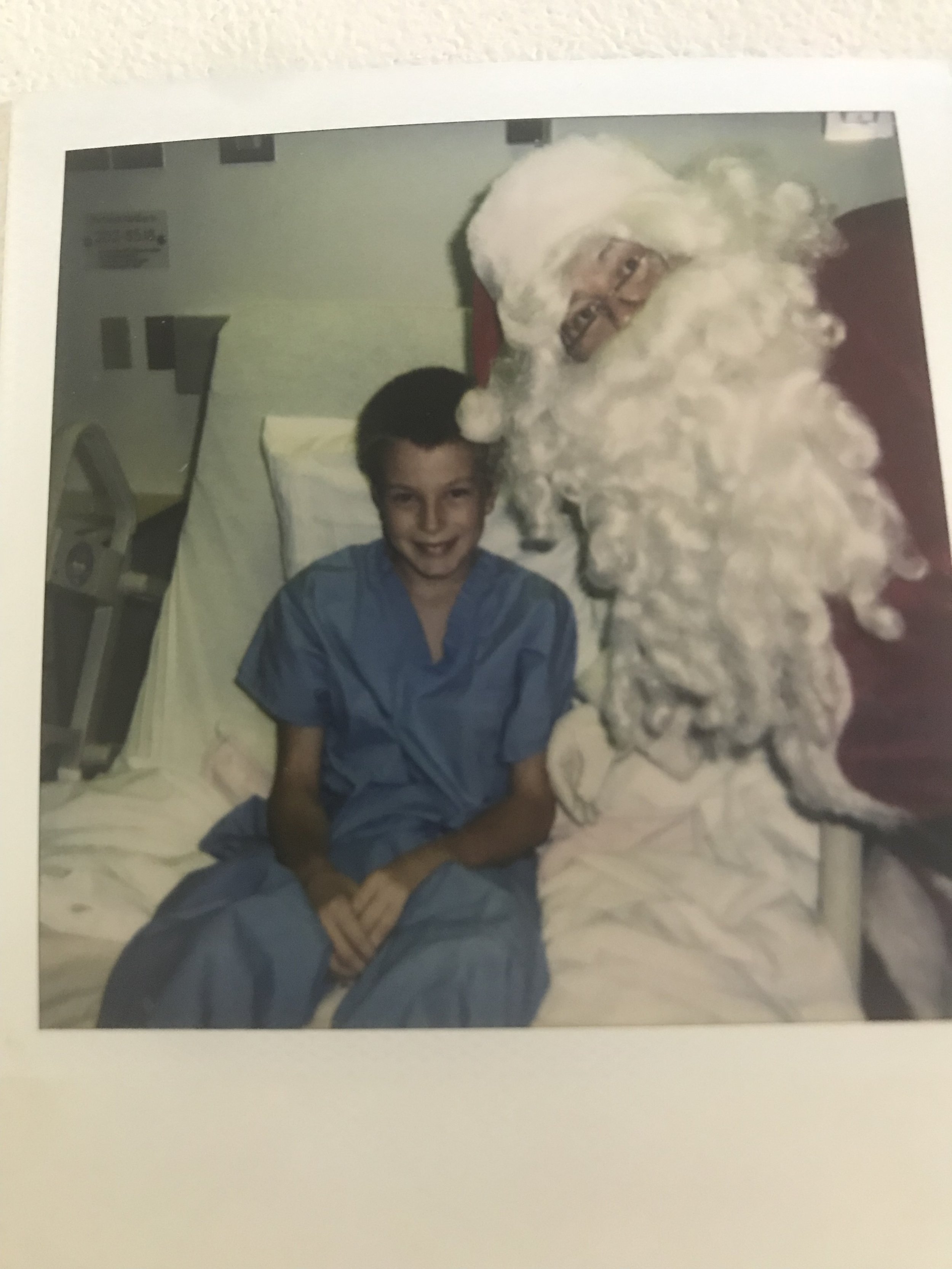Listen Instead of Reading
If you enjoy listening, you can subscribe to the audio version on Spotify, Apple Podcasts, and Audible so you don’t even have to look at the email 😊
4 Thoughts
1. Breathwork for Stress: The Most Important Paper To Date
“Research on breathwork could be likened to that of meditation, which received an unprecedented surge in scientific exploration two decades ago. We may be at a similar cusp with breathwork and anticipate considerable growth in the field.”
IMHO, this is the most important breathing publication to date. Nothing is perfect, but this is a meta-analysis of randomized controlled trials—basically the best scientific analysis that can be performed.
It’s a mind-blower…here are a few key takeaways:
Breathwork is as effective as cognitive behavioral therapy (CBT), meditation, mindfulness, and acceptance of emotions for reducing stress.
Breathwork is as effective as physical exercise for reducing anxiety and depression symptoms.
Whether breathwork is self-learned remotely, taught 1-on-1, or taught to a group doesn’t impact the above results.
I have a new Science 411 with all the details, if you’re interested. If you sign up, I highly recommend the 17-min podcast version because I add a lot of context, which is too much for written form.
2. A Humble Reminder for Thought 1
“Many ancient practices and rituals have been rejected by modern science, only to be resurrected from the grave by that same science!”
- Herbert Benson, MD, Relaxation Revolution
Let’s not forget that, although modern science is powerful, breathing exercises have something even more potent behind them: thousands of years of practice.
3. Coffee or Breathwork? Here’s My Lighthearted Take On It
“By replacing your morning coffee with breathwork, you can lose up to 87% of what little joy you still have left in your life.”
I’m late with this joke, but I recently saw that sentence (with green tea instead of breathwork), and I thought it was amazing.
Personally, I don’t plan on replacing my coffee with breathing. Of course, there’s nothing wrong with doing that; I just love coffee.
Instead, I think of my morning breathing as a no-sugar coffee creamer. It makes my coffee that much better, with no blood sugar spikes : )
4. A Tiny Thought On Methods (a play on a Thich Nhat Hanh quote)
Breathing methods come and go like clouds in the sky. Principles are my anchor.
Want to Become a Unique and Irreplaceable Breath Coach?
It takes just 30 minutes a week.
1 Quote
“Here, the need for healing was not synonymous with brokenness. It was part of life.””
1 Answer
Category: Alveoli
Answer: These holes allow communication between two adjacent alveoli.
…
(Cue the Jeopardy! music.)
…
Question: What are the Pores of Kohn?
In good breath,
Nick Heath, T1D, PhD
“Breathing is the compound interest of health & wellness.”
P.S. SECRETS TO SUCCESS
How Focus Words and Breathing Can Help You Relax and Heal
I recently wrote a guest blog for ResBiotic on focus words and breathing. It includes 7 steps for using the relaxation response in your life. Enjoy!
* An asterisk by a quote indicates that I listened to this book on Audible. Therefore, the quotation might not be correct, but is my best attempt at reproducing the punctuation based on the narrator’s pace, tone, and pauses.
Sign Up For The Breathing 411
Each Monday, I curate and synthesize information from scientific journals, books, articles, and podcasts to share 4 thoughts, 1 quote, and 1 answer (like "Jeopardy!") related to breathing. It’s a fun way to learn something new each week.



